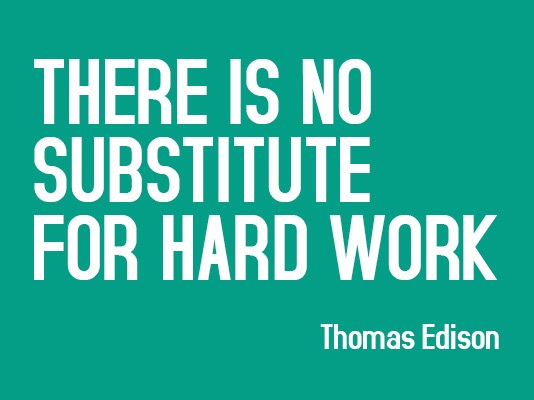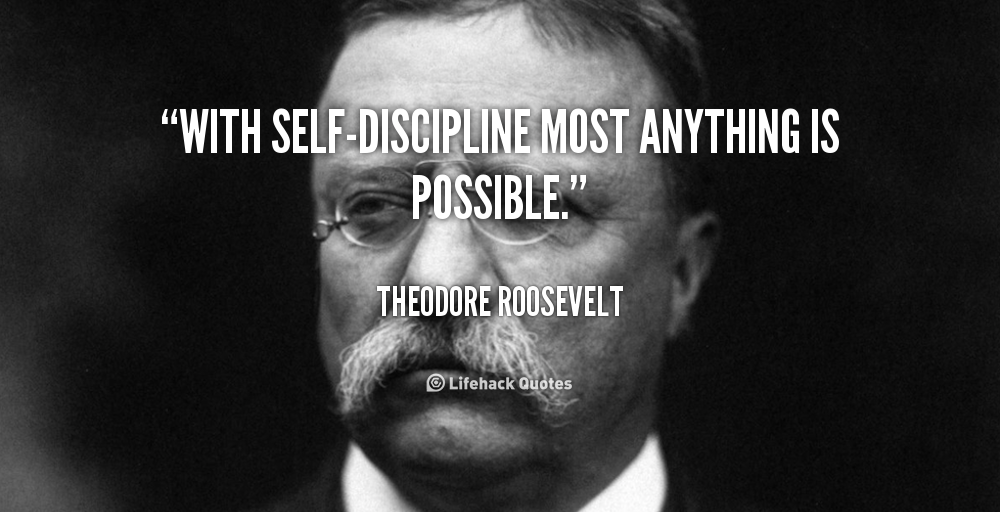When I was younger, I thought I wanted to work in book publishing. A lot of people want to work in book publishing, so the pay isn’t so great. I knew that going in. It’s also something you need an education for; I knew that going in, too.
After I finished my degree, I worked two part-time jobs to subsidize my unpaid publishing internship. I took some editing training courses, too – paid for with my jobs. I wanted to demonstrate that editing was something I was serious about. I house-sat to save on rent, and felt lucky to have the opportunity. I picked up freelance jobs off craigslist to build my portfolio. It was a lonely, confusing time. I made some great friends at work (who made going to work fun!), but one of my bosses was terrible, and I remember being treated like I was disposable – just another girl with hopes for the future. I remember thinking: “Well, I guess that’s what I am now.”
I went to graduate school, but slowly. Going to graduate school, even part-time (in the evenings) was smart. Yes, it cost money and was a lot of work, but it put me in line for jobs that I wouldn’t have gotten otherwise, and it opened my eyes to a whole world of opportunity. During the day, I worked full-time editing marketing materials. I felt lucky to have a full-time editing job.

Eventually, it became time to broaden my experience. In about 2008, I remember interviewing for one full-time editing position, reviewing legal textbooks in downtown Toronto. After a few questions, the interviewer asked: “Before we go on, I should let you know, the salary for this position is $27,000 a year. Are you still interested?”
This wasn’t for a waitressing job, where the official pay is low, but you make more in tips. This wasn’t for a part-time position. This was for a full-time, professional position in the biggest city in the country. A position that you needed to have an education for: it was required that you have a degree to apply.
I remember thinking: “Could I do it? Could I make $27,000/year work?” And then: “Wait – how much is social assistance?”
I read a lot of personal finance blogs. I love them; they’re kind of a guilty pleasure. I have lots of thoughts on them that I want to share eventually, but in the meantime, I wanted to share one post I read recently, from Money After Graduation, that felt like a breath of fresh air.
A lot of personal finance blogs will tell you that your money problems are because you’re not disciplined enough. A lot of the time, that’s true. If you’re like me though, you’re probably already your own harshest critic.

Bridget’s post (from Money After Graduation) “The Problem with the Bootstrapping Millennial Martyrdom Complex”, was written in response to some back-and-forth about a disgruntled Yelp employee. The Yelp employee, basically, wasn’t being paid a living wage and complained. Someone wrote a response telling the Yelper to work harder, and then Bridget (from Money After Graduation) chimed in.
I’ve worked with some Millennials who have been difficult. Spoiled, entitled – out-of-touch with their expectations, or oblivious to the poor quality of their work. I’ve also worked with some excellent, hardworking ones – who are always professional, despite being paid poorly and having a lot of sh*t thrown at them.
So, I get it: when I meet a complaining Millennial, I want to believe that they’re in column A: the spoiled, out-of-touch camp.
But that’s not always the case. Some people have it harder than others: that’s a fact. Sometimes, when someone says: “there’s no opportunity for advancement at my work”, it’s not because they’re not exceptional enough, it’s actually because there’s no opportunity for advancement at their work.
I want to believe that people who complain about being underpaid are being underpaid because they’re not hardworking enough, or because they’re bad with their money. I want to believe it, because that’s how the system is supposed to work: it’s supposed to reward hard work, dedication, discipline, etc – regardless of your sex or what you look like.
Unfortunately, there’s a difference between the world I want to live in and the world we actually live in.
Someone took that job. Someone (likely a woman) with a degree who’d already worked an unpaid internship took a full-time editing job for $27,000 and justified it, like: “We all struggle a bit when we’re starting out.”
But that level of pay for that level of educational requirement? That’s not a “struggle”, it’s – to echo Bridget – an indignity.
I believe:
- Employers should pay full-time employees a living wage. A living wage means you can afford to feed, shelter and clothe yourself. (If you can’t do this, you have no business hiring someone full-time.)
- Sometimes, when you’re starting out, it pays to get creative. Having a roommate, cooking for yourself, and working a couple of jobs can help you get ahead.
I also believe – the kicker – that you shouldn’t have to do so much of #2 that employers don’t have to do #1. To quote Bridget:
I have always been fairly compensated for my work, never struggled to make ends meet with a professional job, and believe my university degrees were a worthy and profitable investment in my earning potential.
In other words, while my early life might be marked by financial struggle, my post-grad experience was the complete opposite. And you know what?
I think everyone deserves the same.
Amen, sister.
Just because companies can find someone to work for $27,000 doesn’t mean they should.
Reading Bridget’s post was hard, because she’s right:
I’ll tell you: because the painful reality we all must accept is struggle is not necessarily a pre-requisite for success. It’d be nice if it was, but there are plenty of people that get further ahead with smaller steps, and vice versa. This is not to say it’s never good for you or not a contributing factor, but more likely than not, how high you climb in your career will be a mixed result of creativity, hard work, and sheer dumb luck. It doesn’t give you permission to spit on people below you, or try to discredit the success of the people above.
Yep.
So many times, I’ve been in awful positions and I’ve thought to myself: “everything worth having takes work”. Not just at work, but also personally. I’ve struggled to keep relationships going longer than I should; I’ve told myself that I was enduring some a**hole at work because that was how I’d be successful.
It’s tough to recognize that I’ve suffered needlessly.
You want to do well and have a nice life? For most people, it’s true, that means you’ll have to work hard. But you have to work smart – you have to work for and with people who appreciate you. (As one manager told me: “you have to go through the doors that open” – and not every door will – sometimes, it’s surprising.) Hard work, and excellent work alone, will not help – not if it’s being produced in the wrong direction.


